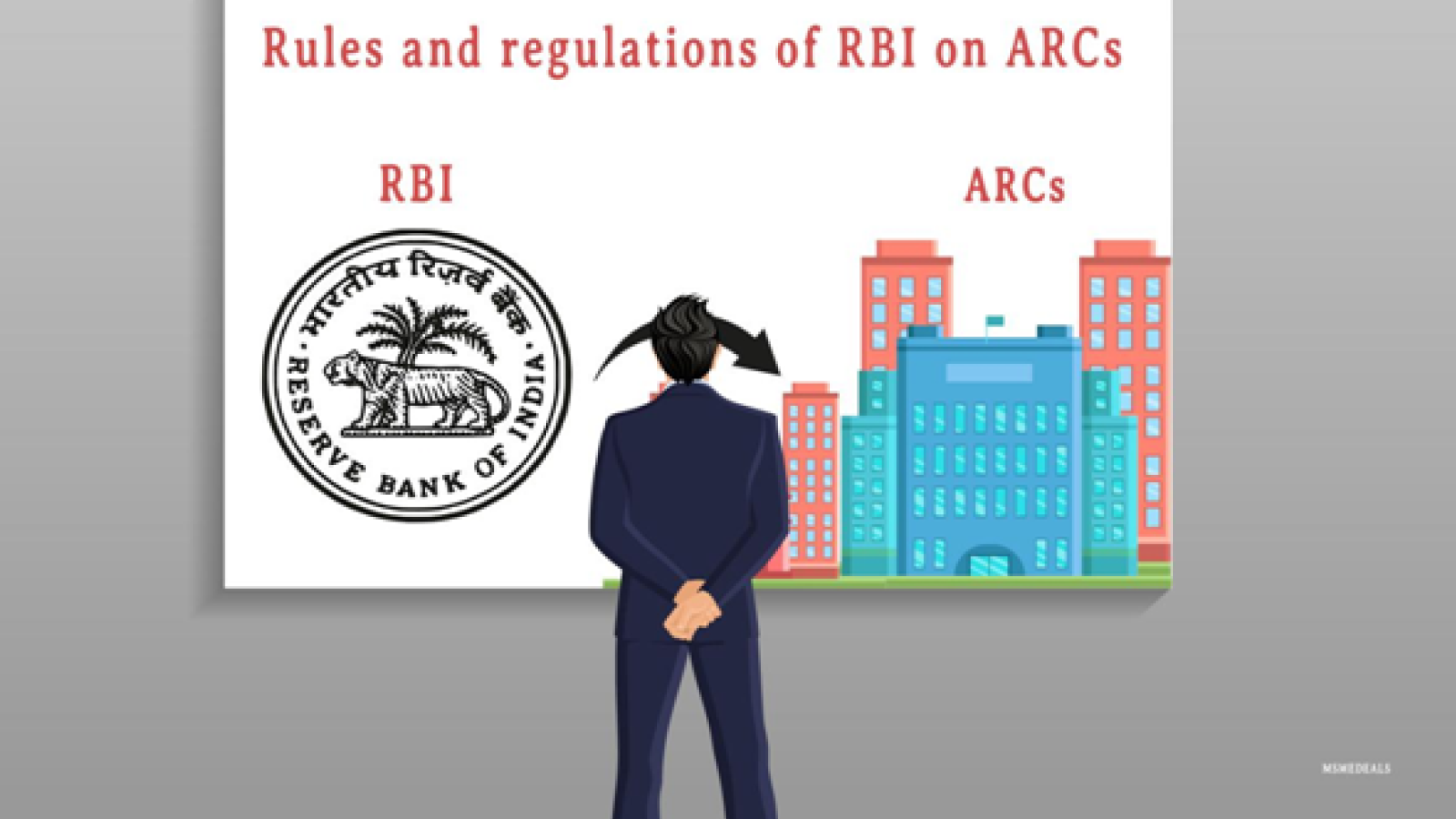
Business Valuation
Business valuation, also referred to as company valuation, is the process of determining the fair market value of a business. This essentially means estimating what a willing buyer would pay to a willing seller in an arm's length transaction.
This valuation is essential for various purposes, including mergers and acquisitions, investment analysis, financing, taxation, and strategic planning. Understanding the different methods and factors involved in business valuation can help business owners, investors, and stakeholders make informed decisions.
Why Business Valuation is Important
- 1. Investment Decisions: Investors use business valuation to determine the worth of a company before investing.
- 2. Mergers and Acquisitions: Accurate valuation is crucial in negotiations to ensure a fair price is paid or received.
- 3. Financing: Lenders and financial institutions require valuation reports to assess the creditworthiness of a business.
- 4. Strategic Planning: Valuation helps in strategic planning, identifying growth opportunities, and setting performance benchmarks.
- 5. Taxation and Legal Purposes: Valuation is necessary for tax reporting, estate planning, and legal disputes.
Common Methods of Business Valuation
1. Asset-Based Approaches
- Book Value: This method calculates the value of a business based on its balance sheet, subtracting liabilities from assets. It’s straightforward but may not reflect the true market value.
- Liquidation Value: This approach determines the net cash that would be received if all assets were sold and liabilities paid off. It’s often used in distress situations.
2. Income-Based Approaches
- Discounted Cash Flow (DCF): DCF involves forecasting the business’s future cash flows and discounting them back to their present value using a discount rate. It considers the time value of money and provides a detailed valuation.
- Capitalization of Earnings: This method involves dividing the business’s expected earnings by a capitalization rate (which reflects the required rate of return). It’s suitable for businesses with stable earnings.
3. Market-Based Approaches
- Comparable Company Analysis (CCA): This method values a business by comparing it to similar companies in the same industry. Key metrics such as price-to-earnings (P/E) ratio, EBITDA multiple, and revenue multiple are used.
- Precedent Transactions: This approach involves analyzing past transactions of similar companies to determine a valuation multiple. It provides a market-based reference point.
4. Other Approaches
- Earnings Before Interest, Taxes, Depreciation, and Amortization (EBITDA): EBITDA valuation multiples are often used in industries where cash flow is a critical measure of performance. It normalizes earnings by excluding non-operating expenses.
- Rule of Thumb: Some industries use specific rules of thumb or industry standards for quick valuation estimates. While not precise, they provide a general sense of value.
Key Factors Influencing Business Valuation
- 1. Financial Performance: Historical and projected financial performance, including revenue, profitability, and cash flow, are crucial determinants of value.
- 2. Market Conditions: Economic conditions, industry trends, and market demand influence business valuation.
- 3. Growth Potential: Future growth prospects, including market expansion, product development, and innovation, play a significant role in valuation.
- 4. Competitive Landscape: The business’s position relative to its competitors, including market share, competitive advantages, and barriers to entry, affect its value.
- 5. Management Team: The experience and expertise of the management team can significantly impact the perceived risk and value of the business.
- 6. Operational Efficiency: Efficiency in operations, cost management, and scalability contribute to higher valuations.
- 7. Customer Base and Relationships: A loyal and diversified customer base, along with strong customer relationships, enhances business value.
- 8. Intellectual Property: Patents, trademarks, proprietary technology, and other intellectual property add significant value to a business.
Steps in the Business Valuation Process
- 1. Gather Information: Collect financial statements, operational data, market information, and relevant documents.
- 2. Select Valuation Methods: Choose the most appropriate valuation methods based on the nature of the business and the purpose of the valuation.
- 3. Analyze Financials: Conduct a thorough analysis of historical and projected financial performance.
- 4. Apply Valuation Methods: Apply the selected valuation methods to derive preliminary valuations.
- 5. Reconcile Values: Reconcile the values obtained from different methods to arrive at a final valuation range.
- 6. Prepare Valuation Report: Document the valuation process, assumptions, methodologies, and conclusions in a detailed report.
Conclusion
Business valuation is a complex but essential process for determining the economic value of a company. It provides critical insights for various strategic, financial, and operational decisions. By understanding the different valuation methods and key factors influencing valuation, business owners and stakeholders can make informed decisions that drive growth and success.
Whether you are looking to sell your business, attract investors, or plan for the future, a thorough and accurate business valuation is an indispensable tool in your strategic toolkit.






















